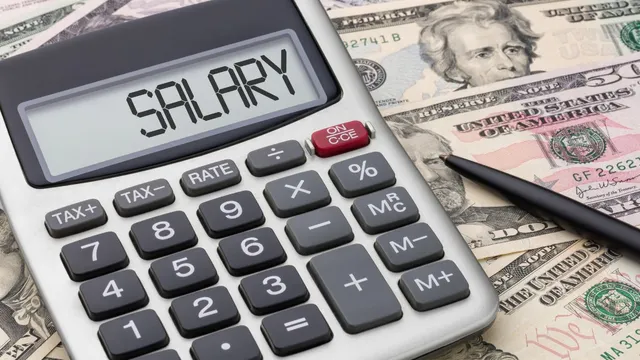- By Aditya Pratap Singh
- Mon, 28 Oct 2024 03:55 PM (IST)
- Source:JND
8th Pay Commission: Next month’s Joint Consultative Machinery (JCM) meeting may finally bring clarity to the much-awaited Eighth Pay Commission, creating hope for central government employees keen on pay revision, according to an NDTV report. Employees have been demanding the 8th pay commission for the last few years, however government have never accepted discussing the same.
What is JCM?
The JCM, an important forum for discussion between government and employee representatives, has the potential to tackle pressing issues around service conditions. These issues include the formation of the Eighth Pay Commission, which has been of interest to several employee unions.
All India Railwaymen’s Federation chief Shiv Gopal Mishra, who also serves as JCM’s national council secretary, confirmed that the issue would be raised in the meeting. The meeting will be held next month, and clarity on the formation of the 8th Pay Commission is expected, Mishra told NDTV Profit in a statement.
Also Read: IndiGo Shares Fall Over 13% After Company Reports Loss In Q2
The government has not yet made any official announcement but the demand for a new commission is gaining momentum The All India Railwaymen Federation and other unions have already submitted several memoranda urging the government to move forward with the formation of the Eighth Pay Commission.
Why the 8th Pay Commission is important
The incumbent Seventh Pay Commission, formed in 2014, implemented its recommendations in 2016. As a result, central government employees have seen a 23 per cent increase in their salaries, which has significantly improved their compensation.
Generally, a Pay Commission is constituted every decade to reassess and recommend updates to the pay, allowances and benefits of government employees and pensioners. Although there is no legal obligation for the government to constitute a pay commission within a certain timeframe, the need for regular updates on employee compensation is clear.
Each commission examines the salary structure and benefits considering the needs of government employees and pensioners regarding inflation and changing economic conditions. The first commission was set up in 1946 and since then each has played an essential role in the financial well-being of civil servants.
Growing demand for fair compensation
Calls for a new pay commission have increased in recent months, with employee unions across sectors urging the government to address pay and benefit inequalities. In April, the Union of Indian Railway Technical Supervisors sent a letter to the government calling for measures to address the existing anomalies and disparities in pay among different groups of employees.
Also Read: Danteras 2024: PhonePe, Amazon Pay To Airtel Payment Bank; Here Are List Of Apps To Buy Gold Online

